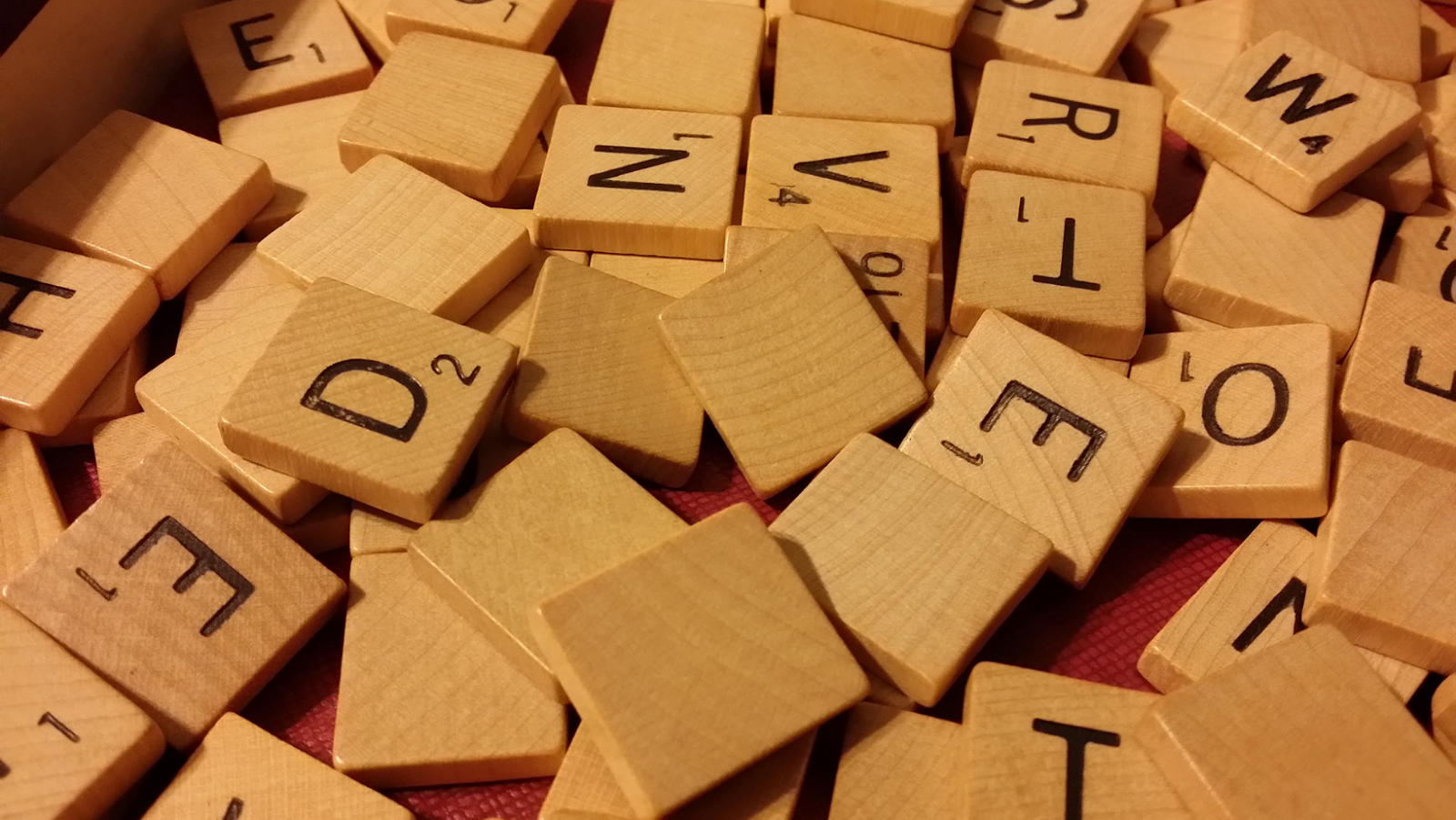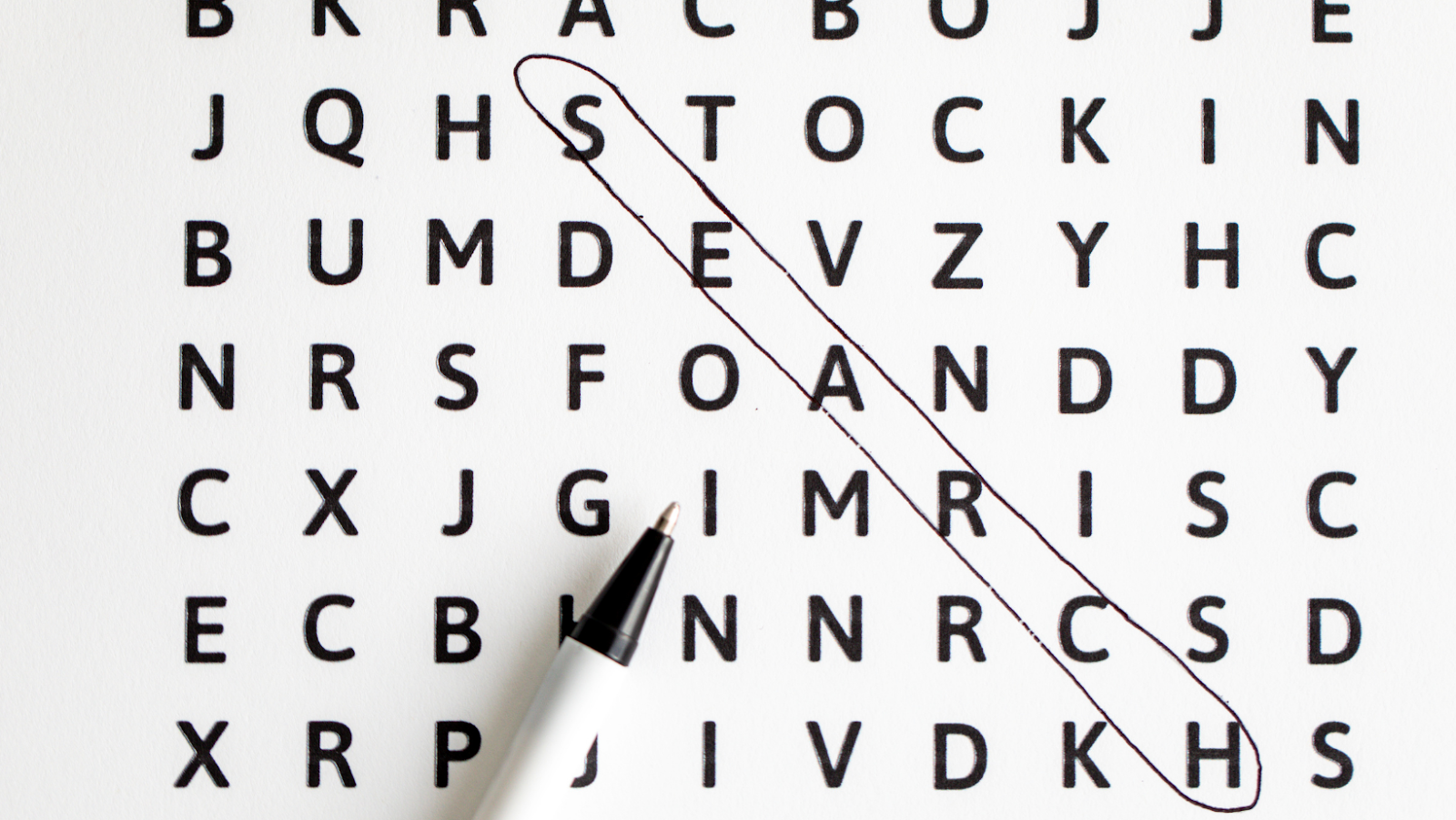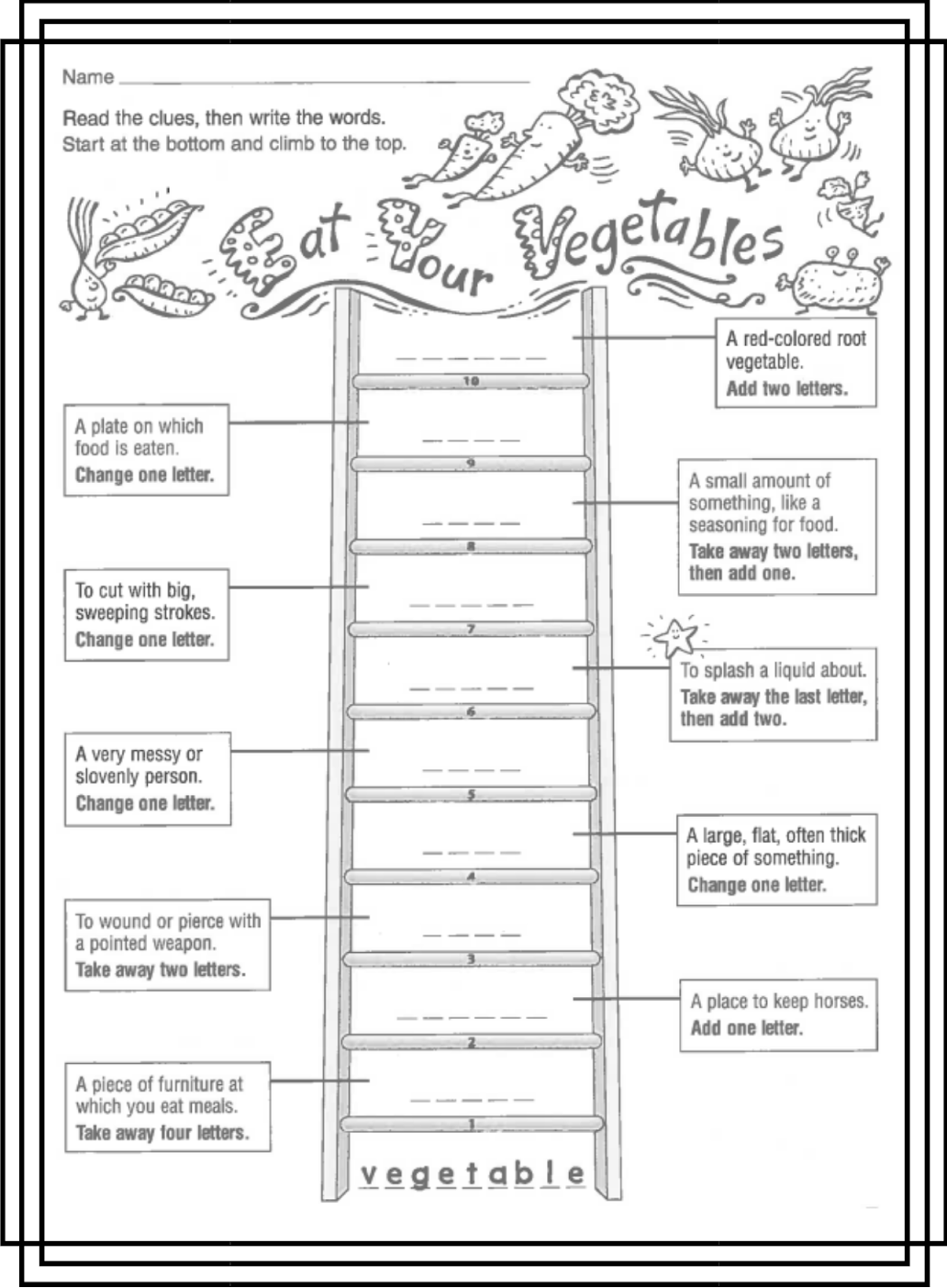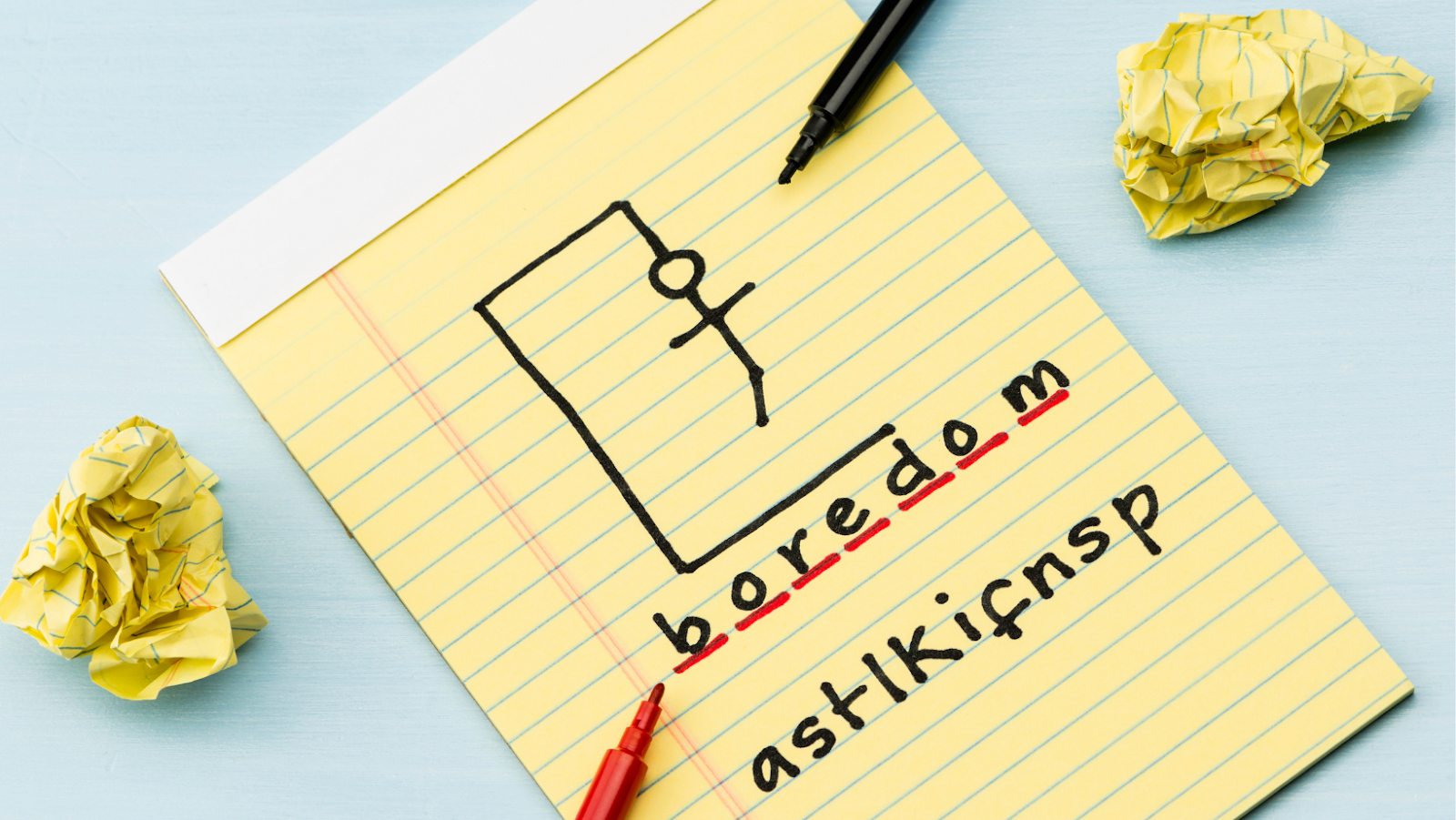Can you spell “murraya”? I had never seen or heard this word before Zaila Avant-Garde spelled it correctly to win the 2021 Scripps National Spelling Bee title in July 2021. Zaila credits her victory with her love of root words. She actually studies 13,000 words a day!
So, while I pondered the word “murraya” (a genus of tropical Asiatic and Australian trees), I wondered if people who are “good spellers” are good readers. Did those old classroom spelling bees really help us to improve our reading skills? A well-researched article from the Institute for Multi-Sensory Education contends that “spelling is one of the most forgotten aspects of literacy development.” Learning to spell reinforces reading and writing skills, but spelling skills will not develop organically. The skills need to be directly and explicitly taught. One way to do this is by actively pointing out how words are similar when reading. For example, in the first sentence of this paragraph, I “pondered” and “wondered.” That’s a vocabulary lesson waiting to happen. Do they mean exactly the same thing? How do the meanings slightly differ? Notice they are spelled almost the same way, but they don’t rhyme. I’m just getting started, but you see what I mean.
Memorization of random word lists will not achieve the same goals in improving reading comprehension. Spelling skills should be taught more strategically. Here are some activities to incorporate more focused spelling practice into your curriculum and can be used with students of any age.

Scrabble
There are lots of ways to incorporate Scrabble tiles into spelling activities. I like to pick up old Scrabble games for cheap at thrift stores. It doesn’t matter if all the tiles are there if you want to use them for other activities. Of course, it is good to have one complete game for students to play too! Here are some ideas on how to use the tiles:
- Scrabble Challenge: You can challenge your students individually or in pairs to fit their vocabulary word list on a Scrabble board. Each word should have at least one shared letter with another word so the final product looks like a crossword puzzle.
- UnScrabbled Eggs: I love this one! Put the letters to one vocabulary word in a plastic egg. Students have to unScrabble them! If you make two sets, you can have a race to see which team UnScrabbles the words the fastest.
- Word Ladders using Scrabble tiles is a way to add manipulatives to the task and encourage trial and error without having to use the dreaded eraser (more on Word Ladders later!).
Bonus Scrabble activity: Scrabble Math: Spell out the words list with Scrabble tiles and determine the “Greatest” by adding the letter values.

Word Searches
We’ve all used these when we find ourselves with a room full of students and some extra time to fill. I’m happy to report that these actually do have educational value and are not just busy work if you make your own using content specific vocabulary lists. The nature of a word search forces the user to look at the way a word is spelled. This is a good puzzle maker from Discovery Education for you to make your own.

From Literacy At Work
Word Ladders
One Christmas vacation, my college-aged son and I found a Bananagrams Puzzle a Day calendar (for half price!) at a local bookstore. We were instantly hooked on the word ladders! You start with a 3, 4, or 5 letter word and change one letter at a time to arrive at the last word. Of course, the longer words were more challenging, but you can start out with simpler words. For example, Man to pig in 4 steps: man, pan, pin, pig.
Speaking of Bananagrams, they have free educational resources! They have word searches, letter scrambles, puzzles, word hunts and coloring sheets with age recommendations.The only hitch is that you have to buy the book to get the keys!

Hangman (AKA Wheel of Fortune)
This is a great way to practice vocabulary words. On the Games to Learn English site, you can select from 30 sets of content. If you sign up for a free account, you can assign specific tasks and track progress. You can also play Hangman the low tech way. Here is a link to a youtube video on how to play, if you have never played. My students like to take turns being the “puzzle giver.” When we play with student generated words, I usually set the parameters and have a theme like scary movies or holiday songs. Also, from The Lessons I Learned the Hard Way File, be sure to check the student puzzle givers spelling before the game begins and monitor to make sure the guessed letters are in the correct places. This will save you from ending up with frustrated puzzle guessers!

Spelling Journals
One last word about spelling and writing. I had a student in my high school Special Education class who was also an English Language Learner. He avoided writing at all costs because he was a terrible speller. I made him a “spelling journal”. I took a journal and divided the pages up alphabetically. Every time he asked me to spell a word for him, I would have him take out his journal and write the word in there. As the journal filled up with words, he knew to look there before asking. Eventually he stopped asking and is now able to spell words he commonly uses in his writing without looking them up. His reading levels (as measured by Read Theory) also improved!
These tips also match up with some of the strategies my colleague Susan wrote about in her article about teaching vocabulary in context. Check it out!
Hopefully, the story of Zaila Avant-Garde has inspired you to want to include more spelling activities into your classes. If you want to use her story to inspire your students. You can find it here on Dogo News. (An FYI on Dogo News–You can view this article without an account. If you create a free account, you can access the article and create your own content. A paid subscription is required to get their content and Spanish translations.) Not only can Zaila spell, but she has mad skills with a basketball! Which reminds me of one more spelling activity using a ball and a basket. Trashcan ball! Here is a fun version with a twist! The farther away you stand from “the basket,” the harder the word you have to spell! Students of any age would have fun with this activity! The winner could get the Zaila Award. Why be like Mike when you can be like Zaila?



